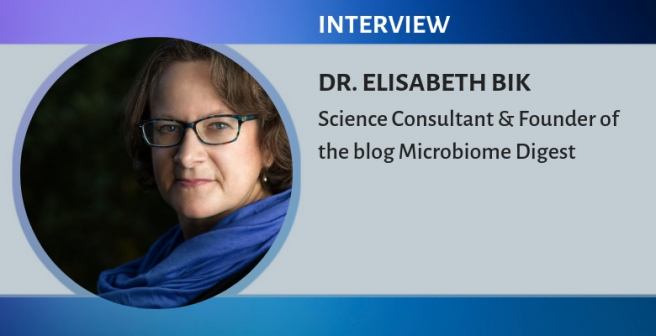Search Results for
plagiarism
Why is there resistance to considering AI for manuscript evaluation? An interview with Alessandro Checco
Alessandro Checco is Assistant Professor at computer science department, University of Rome La Sapienza (https://alessandrochecco.github.io/). He’s a mathematical engineer and has a PhD in mathematics of future wireless networks from Hamilton Institute, National University of Ireland Maynooth. His main research interests are human computation, recommender systems, information retrieval, data privacy, societal and economic analysis of digital labour, and algorithmic bias.

-
Nov 1, 2022
I have found about 2,000 problematic papers, says Dr. Elisabeth Bik
Dr. Elisabeth Bik is a microbiome and science integrity consultant and founder of the Microbiome Digest blog. Dr. Bik’s pro bono efforts to help identify instances of image manipulation or data fabrication in published manuscripts have been discussed widely. Dr. Bik completed her doctorate on cholera at the Dutch National Institute for Health, worked at St. Antonius Hospital in Nieuwegein, and worked on microbiome research at the School of Medicine at Stanford. She has also been the Science Editor and Scientific and Editorial Director at uBiome, and the Director of Science at Astarte Medical.

-
Aug 8, 2019
How each stakeholder in scholarly publishing can help fight the problem of sloppy science
Prof. Lex Bouter is among the 400 most influential biomedical researchers in the world and a distinguished name in the field of research integrity. Following a PhD in epidemiology, Prof. Bouter played several roles in academia and scholarly publishing, including that of a Professor, PhD supervisor, and Rector. He has been extensively affiliated in senior roles with several academic and scientific organizations and has authored/co-authored nearly 700 publications. Prof. Bouter’s current focus is on the responsible conduct of research, questionable practices, and misconduct in academic publishing, with an emphasis on the need to tackle the dilemmas around scientific integrity at a global level. In 2017, he organized and co-chaired the 5th World Conference on Research Integrity in Amsterdam and became chair of the World Conferences on Research Integrity Foundation.

-
Dec 12, 2017
Double-blind and transparent peer review systems have advantages and shortcomings
John Butler-Adam is the Editor-in-Chief of the South African Journal of Science, the second oldest journal in South Africa. He serves as a consultant to the University of Pretoria. He has worked with the Ford Foundation as the South African Program Officer for Post School and Higher Education; with the Eastern Seaboard Association of Tertiary Institutions as Chief Executive Officer; with the University of Durban-Westville as Deputy Vice Chancellor (Academic); and with Institute for Social and Economic Research, UDW, as Director. He earned a PhD in Geography, Environment, and Literature from Penn State University. He has authored over 75 publications, made over 100 conference presentations and has considerable peer review experience.

-
Sep 8, 2017
